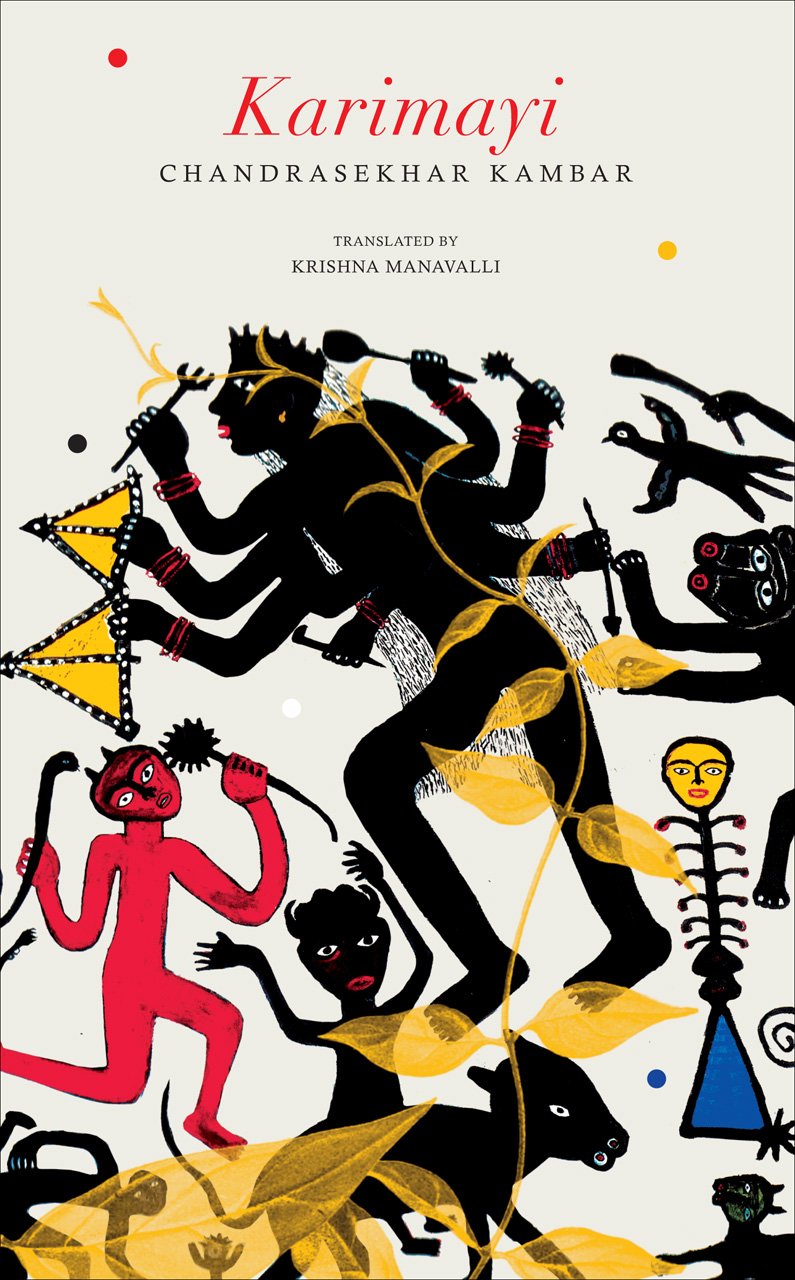Chandrashekhar Kambar’s novel Karimayi dwells on the shifting borders of myth and history, a fashionable location in current ideological debates, but written many years ago by a seasoned novelist with a fine eye for cultural details. Thanks to a commendable new translation by Krishna Manavalli, global access to this iconic Kannada novel has become possible. In the ‘Introduction’, Rajeev Taranath praises Manavalli’s negotiation between folk idiom in Kannada and its English equivalent without her resorting to ‘glib exoticism’ (p. xiii). I too was struck by the fluidity of the text while the cultural counters of orality are preserved.
Kambar created the imaginary village of Shivapura for three novels and poured into it the ingredients of a traditional life that constitutes the idea of a settled community. It is archetypal in some ways: ‘When you see the village from a distance, it is a speck in the middle of an intensely coloured expanse of lake and jungle’ (p. 4) and at its centre is the temple to the Dark Mother Karimayi. Kambar, a proponent of folk theatre and folklore, presents his material with consummate art, never telling but showing, as in the ‘story‘ of this local deity.

